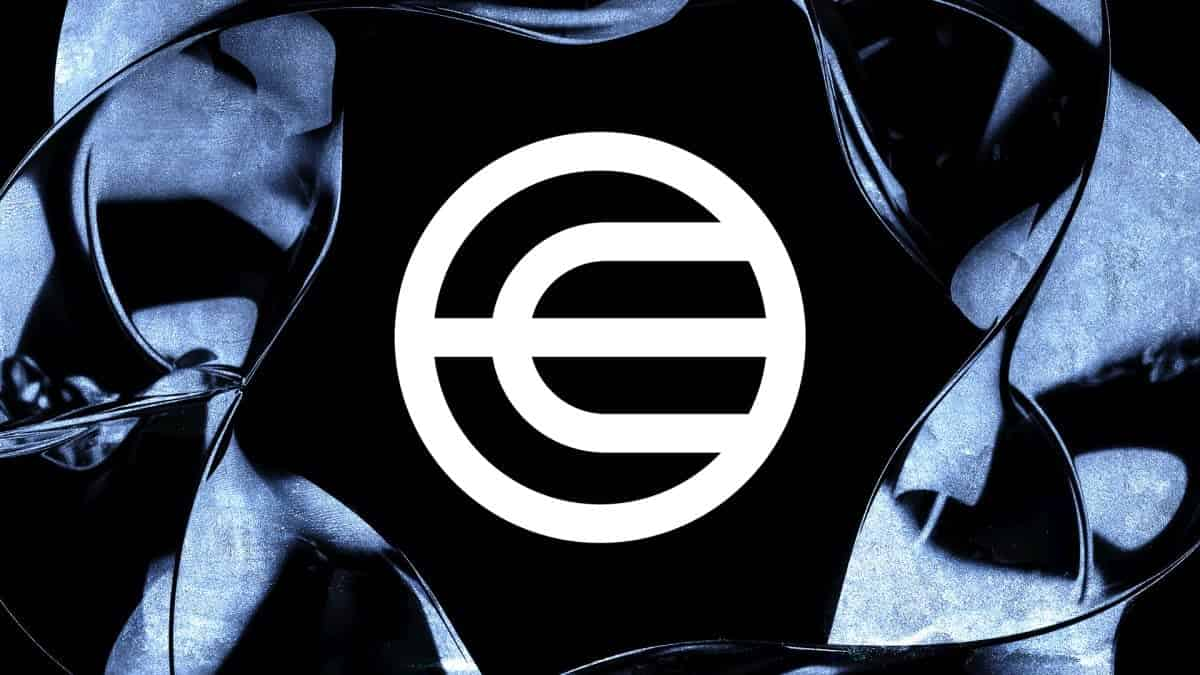Sam Altman's World project launches in Brazil
Quick Take The Sam Altman-backed project World, previously known as Worldcoin, has launched its human verification in Brazil. The relatively crypto-friendly nation has a population of more than 215 million people.

Sam Altman's project World, previously known as Worldcoin, announced Tuesday it has launched its human verification program in Brazil.
"World ID verification is now available in Brazil," the project posted to X .
Tools For Humanity is the lead developer behind the World project. The company was co-founded by both Alex Blania and Altman, who also serves as CEO of OpenAI.
Brazil is a compelling territory for World as the project steps up efforts to increase its total number of signups. Not only is the country relatively crypto-friendly , but it also has a population of over 215 million, according to World Bank data from 2023.
World said in a statement that 93% of Brazilians have been "victims of identity theft, or know someone who has been impacted."
World has over 7.5 million verified World IDs across more than 160 countries, according to its website . That's an increase of about one million since September.
Every human on the planet
World has said its goal is to assign digital identifications to every human on the planet. The project gives out WLD crypto tokens to people who sign up by having their eyeballs canned to prove they are human. A cornerstone of World's strategy is centered on the idea that as the number of artificial intelligence-powered actors increasingly populate digital spaces in the coming years, a system should be in place to discern who is human and who is not.
"AI is creating opportunities for a proliferation of scambots, deep fakes, identity theft, + more online. So-called “bad bots” are nearly a third of all internet traffic, and soon, bots will surpass humans in all global online traffic," World said in a statement Tuesday.
The project has, at times, attracted scrutiny , or had its services banned in different countries as regulators worry about personal privacy concerns. World has to collect biometric data in order to verify someone is human, but it has made moves to assure governments and people that it does not store the sensitive data once the verification is complete and an ID is assigned.
Disclaimer: The content of this article solely reflects the author's opinion and does not represent the platform in any capacity. This article is not intended to serve as a reference for making investment decisions.
You may also like
[Initial Listing] Bitget Will List PrompTale AI (TALE). Come and grab a share of 3,480,000 TALE
New spot margin trading pair — LA/USDT!
AINUSDT now launched for futures trading and trading bots
Bitget releases June 2025 Protection Fund Valuation Report
